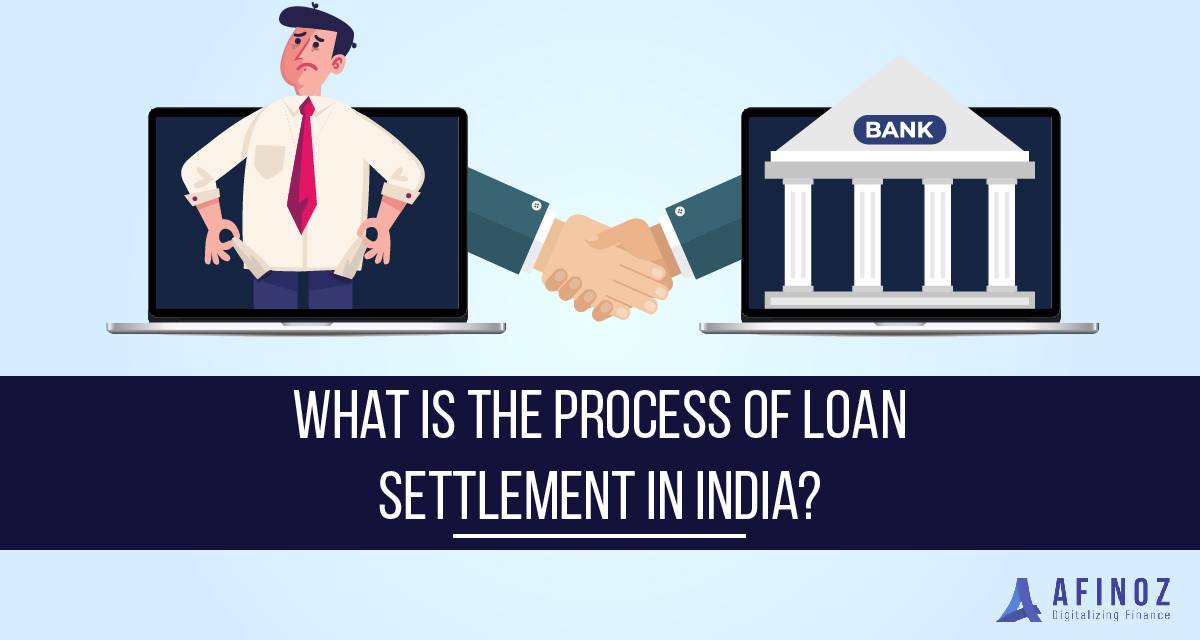Finding the right lawyer or expert panel is crucial for navigating legal, financial, or strategic challenges effectively. Whether you are dealing with a personal legal issue, a corporate crisis, or a complex multi-disciplinary problem, the team you choose can make a significant difference in achieving your desired outcomes. The process requires careful consideration of qualifications, experience, reputation, and compatibility.
This article provides a comprehensive step-by-step guide to choosing the right lawyer and expert panel, ensuring that your needs are met with professionalism, transparency, and competence.
Understanding the Role of Lawyers and Expert Panels
Lawyers
Lawyers provide legal advice, draft documents, negotiate agreements, and represent clients in disputes. Their expertise spans various fields such as corporate law, family law, criminal law, intellectual property, and more.
Expert Panels
Expert panels comprise specialists from diverse fields—finance, business strategy, technology, and more. They provide in-depth knowledge, strategic guidance, and technical support in addressing complex issues.
Together, lawyers and expert panels form a multidisciplinary team capable of tackling multifaceted challenges, from corporate restructurings to high-stakes litigations. Choosing the right professionals ensures tailored solutions and effective outcomes.
Step 1: Define Your Needs
1.1 Identify the Nature of Your Issue
Before searching for a lawyer or expert panel, clearly define the nature of your issue. Consider:
- Is it legal, financial, technical, or multidisciplinary?
- Does it involve personal matters, business concerns, or regulatory challenges?
For example, a family dispute requires a family law specialist, while corporate restructuring may necessitate a team of lawyers and financial experts.
1.2 Determine the Scope of Services Required
Understand whether you need advisory services, representation, or both. For instance:
- Advisory Services: Strategic planning, compliance guidance, or financial analysis.
- Representation: Handling court cases, negotiations, or regulatory hearings.
Step 2: Research Potential Candidates
2.1 Search for Specialized Lawyers and Panels
Use online directories, professional networks, or referrals to identify lawyers and expert panels specializing in your area of need. Look for certifications, memberships in professional bodies, and proven expertise.
2.2 Review Credentials and Qualifications
Examine the educational background, certifications, and additional training of the lawyer or experts. For example:
- A lawyer with an LLB degree might be suitable for resolving disputes.
- A financial expert with CA / CS credentials may excel in corporate financial analysis.
2.3 Check Experience
Experience is crucial, especially for complex issues. Look for professionals with:
- Years of practice in relevant fields.
- A track record of handling similar cases or projects.
2.4 Assess Reputation
Read reviews, client testimonials, and case studies to gauge the reputation of potential candidates. Look for feedback on:
- Professionalism and competence.
- Communication and transparency.
- Success rates and client satisfaction.
Step 3: Shortlist Based on Compatibility
3.1 Evaluate Communication Style
Clear and open communication is essential. Choose professionals who:
- Listen to your concerns attentively.
- Explain complex concepts in simple terms.
- Maintain regular updates throughout the process.
3.2 Assess Availability
Ensure that the lawyer or expert panel can dedicate sufficient time to your case. Overburdened professionals may not provide the attention your matter deserves.
3.3 Consider Geographic Location
For certain cases, having a local lawyer or expert panel may be beneficial due to familiarity with local laws and regulations.
3.4 Verify Ethical Standards
Choose professionals who adhere to high ethical standards, including transparency, confidentiality, and avoiding conflicts of interest.
Step 4: Conduct Initial Consultations
4.1 Schedule Consultations
Most lawyers and expert panels offer initial consultations, which may be free or at a nominal fee. Use this opportunity to:
- Discuss your issue in detail.
- Evaluate their approach to solving your problem.
4.2 Ask Key Questions
During consultations, ask the following questions:
- What is your experience with similar cases?
- What strategies do you recommend?
- What are the potential risks and outcomes?
- How do you communicate updates and progress?
4.3 Gauge Responsiveness
Assess how promptly and effectively they respond to your queries. Responsiveness is a key indicator of their commitment and professionalism.
Step 5: Evaluate Cost and Fee Structures
5.1 Understand Fee Arrangements
Lawyers and expert panels may use various fee structures, such as:
- Hourly Rates: Common for legal representation and advisory services.
- Fixed Fees: Suitable for routine tasks like drafting contracts.
- Contingency Fees: Payment is contingent on winning the case, often used in personal injury or compensation claims.
5.2 Request Detailed Estimates
Ask for a detailed breakdown of expected costs, including:
- Consultation fees.
- Administrative expenses.
- Potential additional charges.
5.3 Compare Costs and Value
While cost is an important factor, prioritize value and expertise over the lowest price. High-quality services often save time and money in the long run.
Step 6: Verify Credentials and Track Records
6.1 Confirm Licenses and Certifications
Ensure that the lawyer is licensed to practice in your jurisdiction and that expert panel members hold relevant certifications.
6.2 Check Disciplinary Records
Verify whether the professional has faced disciplinary actions or complaints. Regulatory bodies or bar associations often provide this information.
6.3 Review Case Studies or Portfolios
Ask for examples of past cases or projects that demonstrate their expertise and success in handling similar issues.
Step 7: Formalize the Engagement
7.1 Draft an Engagement Letter or Contract
Clearly outline the terms of engagement, including:
- Scope of services.
- Fee structure and payment terms.
- Confidentiality and conflict resolution clauses.
7.2 Establish Communication Protocols
Define how and when updates will be provided, preferred communication channels, and points of contact.
7.3 Agree on Deliverables and Timelines
Set realistic expectations for deliverables and timelines, ensuring alignment with your goals and deadlines.
Step 8: Monitor Progress and Performance
8.1 Stay Involved
Regularly communicate with your lawyer or expert panel to stay informed about progress and developments.
8.2 Provide Feedback
Share your feedback on their performance, addressing any concerns promptly.
8.3 Evaluate Results
Assess whether the professional’s services meet your expectations and contribute to achieving your goals.
Step 9: Build Long-Term Relationships
9.1 Maintain Contact
If satisfied with their services, maintain contact for future needs. Building long-term relationships with trusted professionals can save time and effort in the future.
9.2 Refer Trusted Professionals
Recommend reliable lawyers and expert panels to friends or colleagues, contributing to their professional growth.
Conclusion
Choosing the right lawyer and expert panel is a strategic process that requires careful consideration of qualifications, experience, compatibility, and cost. By following this step-by-step guide, you can ensure that your needs are met with professionalism, competence, and transparency.
Remember, the right team can make all the difference in navigating complex challenges, protecting your interests, and achieving your objectives. Take the time to choose wisely, and the rewards will be well worth the effort.
Get in touch with us today at www.Settleloan.in and embark on your path to financial freedom



